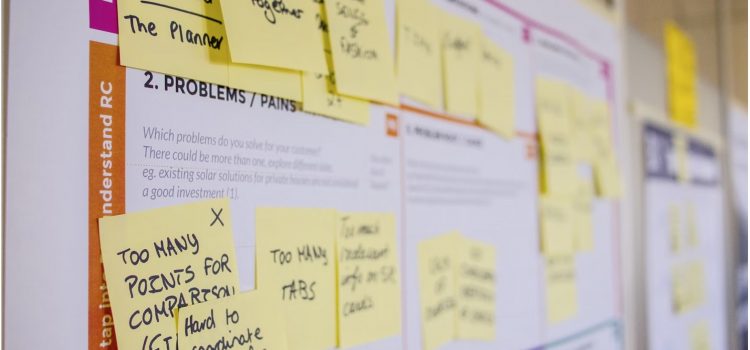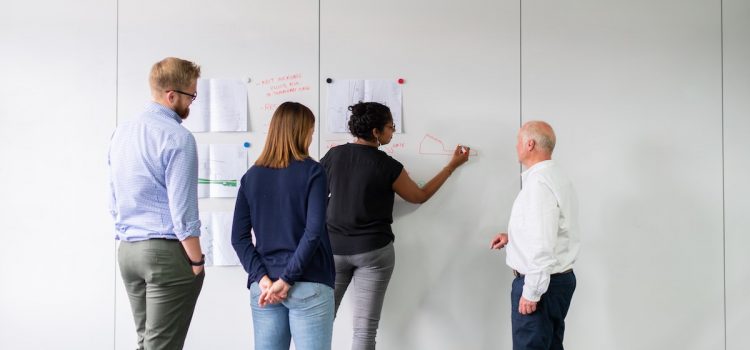Do you want to open your mind to new ideas? What are the best books to expand your knowledge? Knowledge is one of the most powerful things in the world. Without it, we wouldn’t have scientific discoveries or such a rich history. If you want to learn more about yourself and the world, you need to check out some books that will expand your knowledge. We’ve compiled a list of the best books to expand your knowledge, categorized into three subjects: science, psychology, and history.
24 Fascinating Books to Expand Your Knowledge & Mind










